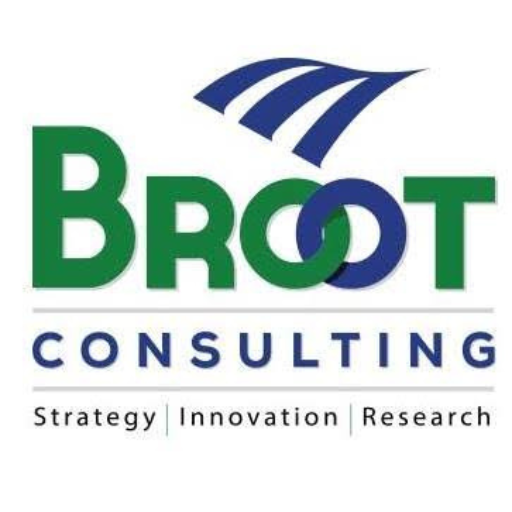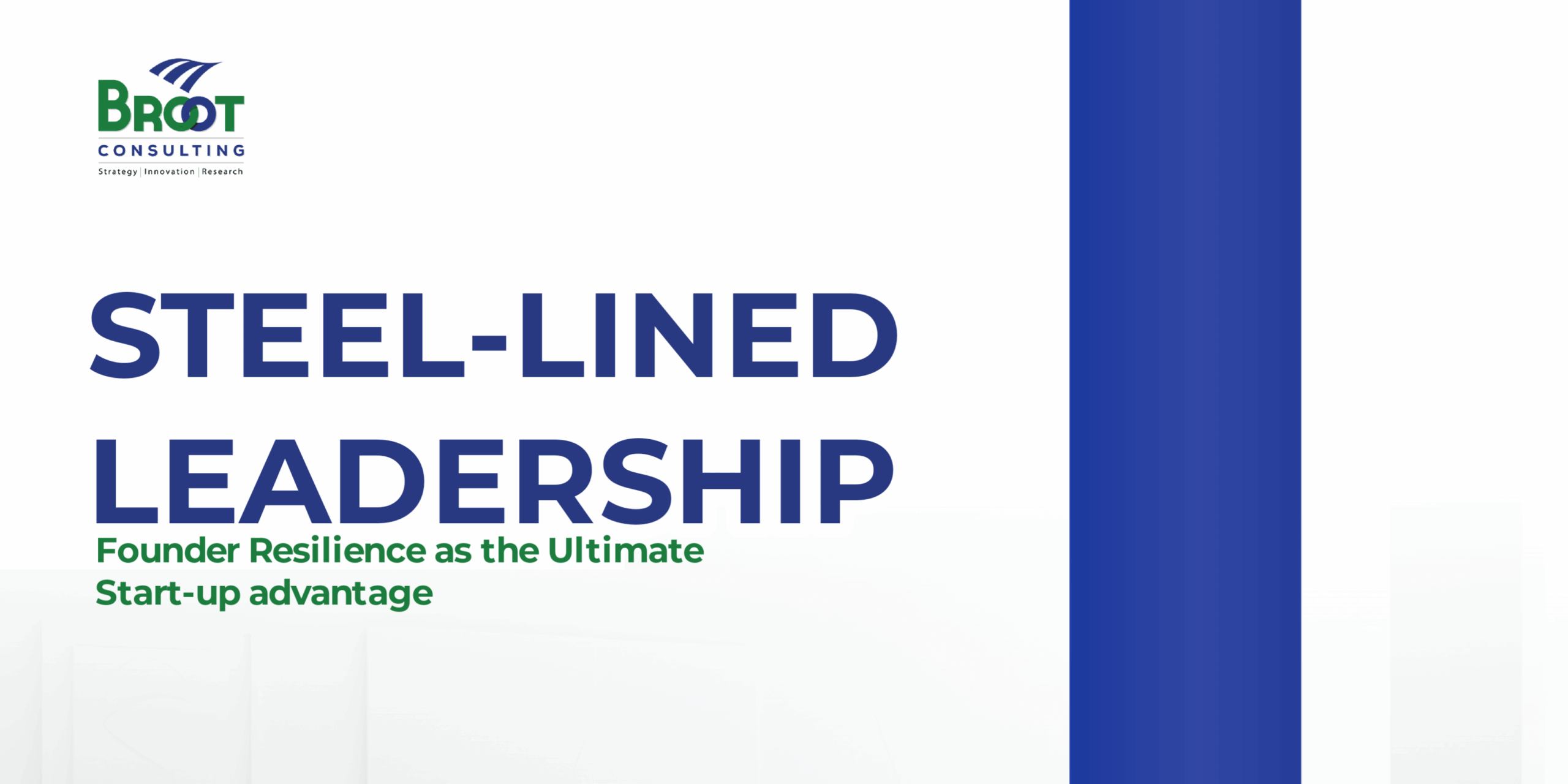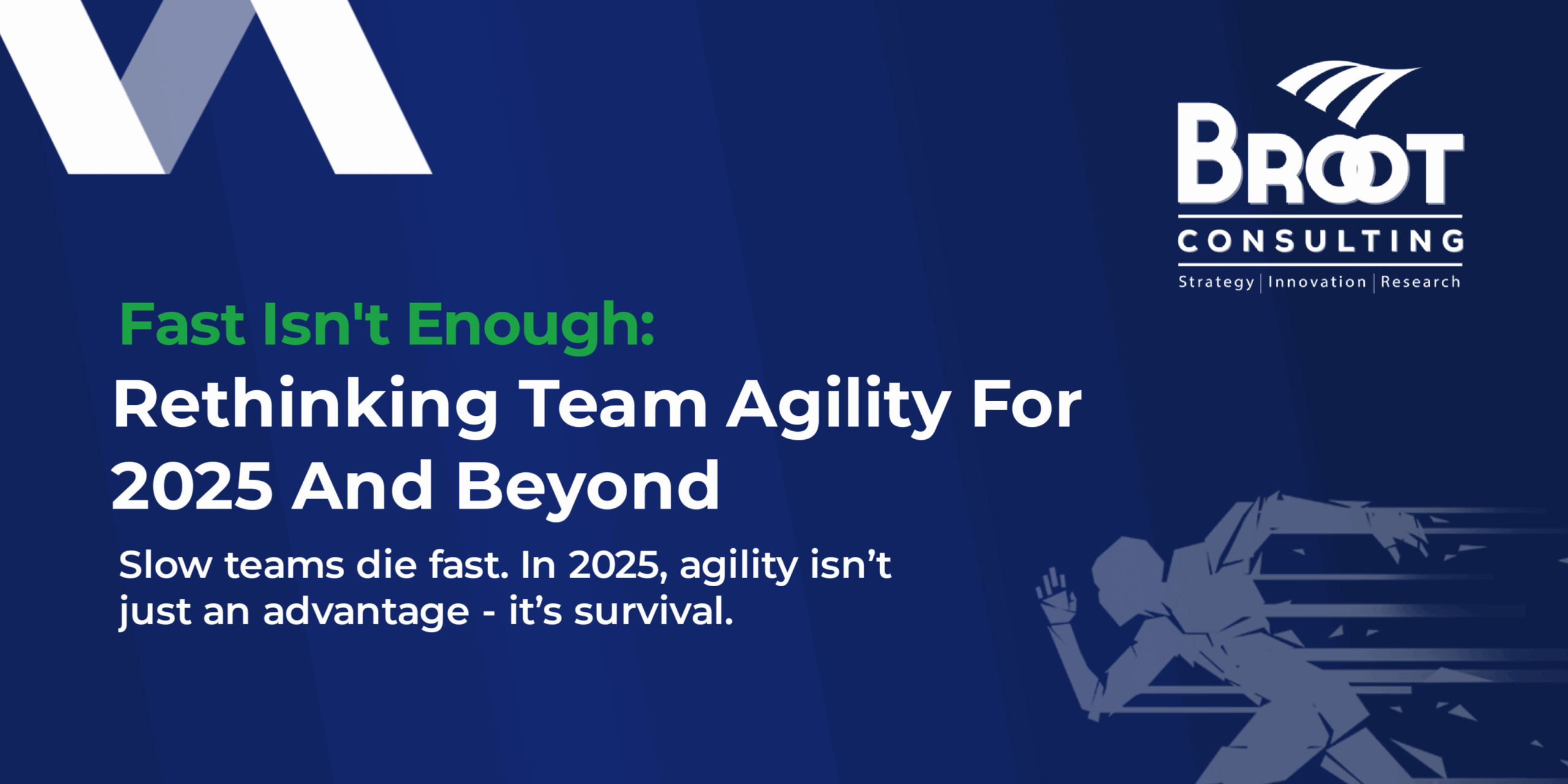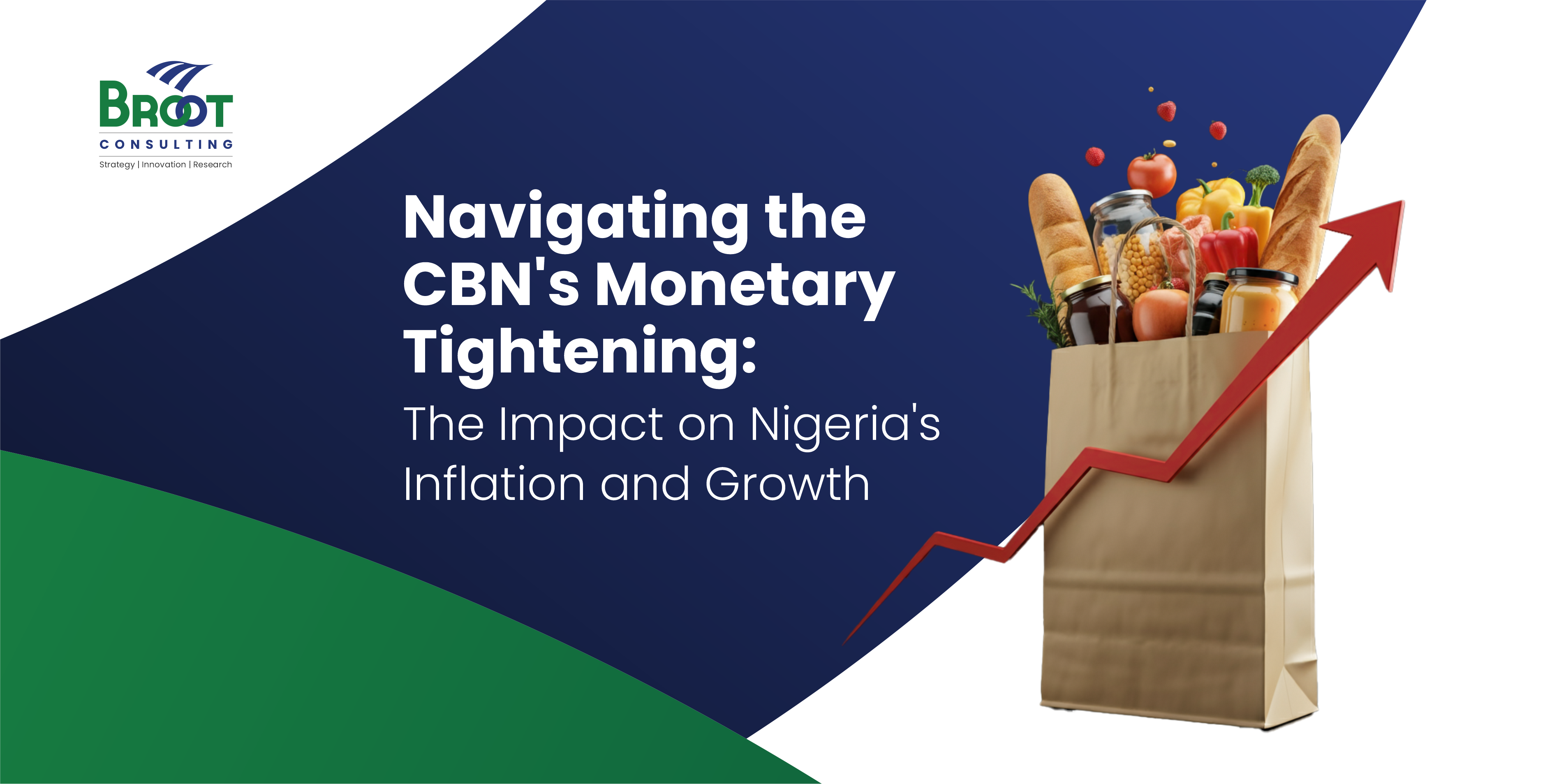Each indecision brings its delays and the days are lost lamenting over lost days. What you can do or think you can do, begin it. For boldness has magic, power, and genius in it.”
Johann Wolfgang von Goethe
Taking critical decisions can unsettle many leaders. Have you ever had to deal with people who find it difficult to make up their mind? or those who chose to be silent when it mattered most? Dealing with such people could be anything but pleasant. “I Siddon look” is a Pidgin English phrase in Nigeria popularised by the Cicero of Esa-Oke, the former Governor of Oyo State, Nigeria; Bola Ige, SAN. In the Nigerian parlance “siddon -look” means “I am watching, to see how it goes.” It is a state of being unconcerned, resignation to fate and cynicism. It could also mean indecision and inaction.
In his younger years, the aunt of President Ronald Reagan, the 40th President of United States of America took him to a cobbler for a pair of shoe. The shoemaker asked the young Ronald “Do you want a square toe or a round toe?” Ronald only muttered words as he wasn’t sure of what he wanted. The shoemaker asked him to come back in a few days once he had decided. A few days later, the shoemaker saw Ronald on the street and asked what his decision was. The young Reagan replied, “I still haven’t made up my mind” to which the cobbler said, “Very well” and then went ahead to make him a shoe. When Reagan received the pair of the shoe, one leg has a square toe and the other a round toe.“ Much later in his life, he confessed that incidence taught him an unforgettable lesson, “If you don’t make your own decisions, somebody else will make them for you!”
We are daily confronted with choices and how we choose can eternally impact our pathways and that of significant others; including the unborn generations. It is for this reason that decision-making could be an uphill task even to the most experienced and courageous. The less courageous people may sometimes resort to doing nothing, hoping that the situation will auto-address itself. As powerful as hope is, it should never replace the place of clear strategic actions and decisions.
Beyond Hope, Everyone Needs a decisive Strategy
A Nigerian-America, Benjamin Ola Akande, in his article; Hope is not a strategy, challenged the 44th American President, Barack Obama, of the need to be decisive and go beyond the campaign theme of Hope and Change. Akande, the dean of the business school at Webster University, St Louis said “during the campaign, you told America to hope and promised to restore civility and practicality to the nation’s highest office so that, together, we could rise to the challenges and opportunities that lay at our doorstep. Now it’s time to make some wise choices”.
There are different types and levels of decisions, but all of them follow the basic anatomy about making choices among the available options. Thus, making a decision is an art that will always require courage and wisdom. One of the most deceitful seeds of indecision is the fear of making a bad decision. Unable to take the risk, many fall into the trap of indecision paralysis and sit on the fence. In his note to the then newly elected Barrack Obama, Akande continues on the need to immediately take firm leadership that is not afraid to make sound decisions. He said
“Your leadership will be tested early and often, and while you have assured Americans that there will be setbacks and false starts, your willingness to make tough choices early on will set the tone for a revival of a shell-shocked economy and a battle-fatigued nation. The fact remains that hope will not reduce housing foreclosures. Hope does not stop a recession. Hope cannot create jobs. Hope will not prevent catastrophic failures of banks. Hope is not a strategy.”
Do you as a leader sometimes use hope to hide your incompetence or mask the fear of making a wrong decision? Indecisive leaders are blame-traders, they like to play the victim game and look for whom to blame for failure. A leader that is unable to make decisions might have lost the right to continue occupying their current office because the act of indecision will lead to chaos, conflict and lacklustre performance.
You Can’t Change the World With Indecision
General Ulysses Grant, the 18th President of the United States, is mostly known as a symbol of national unity. In 1861, Grant was working in his brother leather goods store having retired from the army in 1854, however, when war broke out he re-enlisted in the military and quickly rose to the position of a commanding officer. People were amazed at his rapid ascendance to the position. How did he surpass all the senior officers? Grant discovered that most senior others are indecisive, therefore where others fretted and stalled, he deeply and speedily examined the facts, articulate the options and take decisive action. During the civil war, Colonel James Rusling asked him “General Grant, you’re talking about a massive undertaking, involving men, horses, and thousands of tons of supplies. Are you sure this is the right thing to do?” Grant replied: “No, of course, I’m not sure. However, in war, the worst thing you can do is to do nothing. If it turns out this is the wrong thing, then we’ll do something else.”
Doing nothing or sitting on the fence is a sign of weaknesses and the deliberate choice to do nothing could, which could prove expensive and damaging than if an action has been taken. The following points could help you overcome the issue of indecision
- Do a best-worst case scenario analysis: Every situation should be analysed according to the best-worst case scenarios; over-estimate the worst case and conservatively estimate your best-case possible outcome.
- Ask questions, separate facts from fictions: many people are unable to decide because they allowed their thoughts to be clouded with opinions rather than fact. Grant’s decision skill was successful because he was sharply focused. Some of His probing questions are: What is our purpose? What is our strategy to accomplish that purpose? He picks his option if it satisfies the following questions: Is it simple? Does it make sense? Will it work?
- Develop a sense of purpose and integrity: when you live by strong values of honesty, integrity and transparency, then the decision-making process will not be complicated neither will you find it difficult to stand up and take action. Grant took firm decisions and stood by them without any intimidations to live with the consequences.
- Consult wide and choose the best: In the multitude of people there is wisdom, don’t go about it alone, borrow from other people knowledge, decide intelligently and follow your gut
- Make your idea a reality, then, make them better: it is good to start than taking forever planning to start. Like Nike’s motto: Just do it. Once you have examined all possible scenarios based on available and verified evidence, please do not “siddon-look” get up and be decisive.
- Beware of the nay-sayers and be wary of the yea-sayers: choose your company wisely, refuse to surround yourself only with the nay-sayers (overly pessimistic people) or the Yea-sayers (too optimistic). Ensure an excellent blend of both schools of thought, and from their divergent views, there will emerge a pearl of incredible wisdom.
- Be accountable and take responsibility: stop looking for whom to blame if the outcome of decision the decision does not come out as expected. Ulysses Grant was never a perfect man, but he was a man who is never intimidated to admit his mistakes. He believes that a leader who is scared can never be a great leader because an independent mind is required to make the right decisions
- Set deadlines and stand by it: except where there are additional insights that could make the outcome of your decision tragic like the case of the Challenger Space shuttle, I advise you set a deadline and stick to it
- Choose what you want to be blamed for: “tail you lose, head they win” recognise that regardless of your intention and sound judgment, not everyone will agree with the outcome of your decision, therefore choose what you want to be blamed for, however, remember that a “siddon-look” (sitting on the fence) may be more catastrophic than taking a bad decision.
Conclusion A “siddon-look”, complacency and indecision, is not a strategy but an exhibition of lack of weakness, incompetent and meaningful purpose. A purposeful person is not afraid of failure. An institution that is headed by weak and indecisive leadership can never reach enviable heights neither could an indecisive person achieve life purpose.
i

Olukunle A. Iyanda PhD, FCA, SNFLI.
Founder/CEO, BROOT Consulting Nigeria Limited.
Human-Centric Design Led Innovation Consultant.




